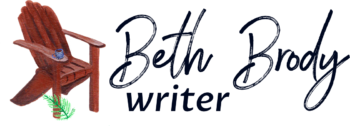My mantra for the past few years has been simple: Be Brave. It is not as simple as two single syllable words might imply. Bravery is multi-faceted, with enough dark and dusty corners to keep one on their toes. So, you might ask, why do it? Why be brave?
There are the trite answers, the ones you always hear: Being Brave makes you stronger. Being Brave makes you more confidant. You may help others when you are Being Brave, showing them the way to Bravery, as well. Being Brave feels good.
OK. Sure. I am here to tell you that is nonsense. Except maybe the helping people part. Bravery is HARD. Being Brave may make you stronger but expect to get knocked around along the way.
Being Brave may make you feel more confidant, but only for a split second, because you have to push those boundaries to continue Being Brave. Being Brave does not include standing in place on its to-do list. And Being Brave most certainly does NOT always feel good. A lot of times it feels scary. Most of the time I don’t feel Brave.
Now, I am sure you’re asking once again, “If being Brave is scary, if you get knocked, why Be Brave at all?”
The benefits of Bravery come in those times of rest, after the fear and anxiety has settled down a little. It comes when you get accepted to that MFA program you didn’t think you had a chance at. It comes when you push back your chair and your revision is that little bit better. It comes when a poem has been accepted. The benefits of Bravery surround you at conferences and workshops or school. Wherever people gather to talk crafts or argue the case for a single poetic word or share a friend’s new book. The benefits of Bravery come forward in the connections of your heart to your writing. Because the simple act of writing is Brave. Building those writing connections is Brave. Sharing your writing is Brave. Thinking of yourself as a writer is the Bravest.
I continue to write. I continue to be scared. I am committed to being Brave.
